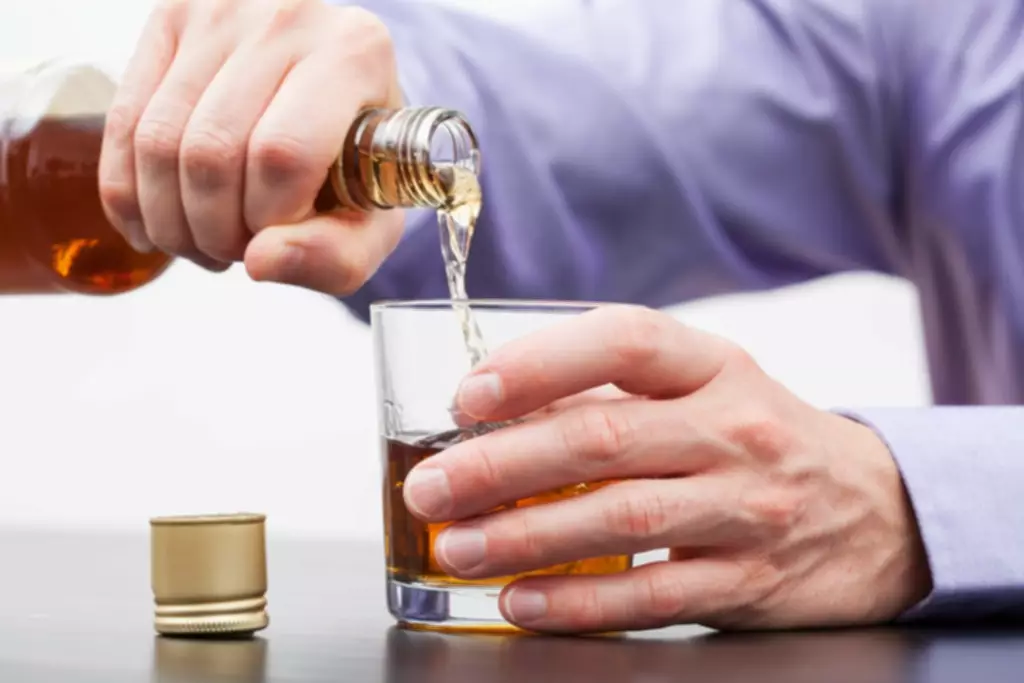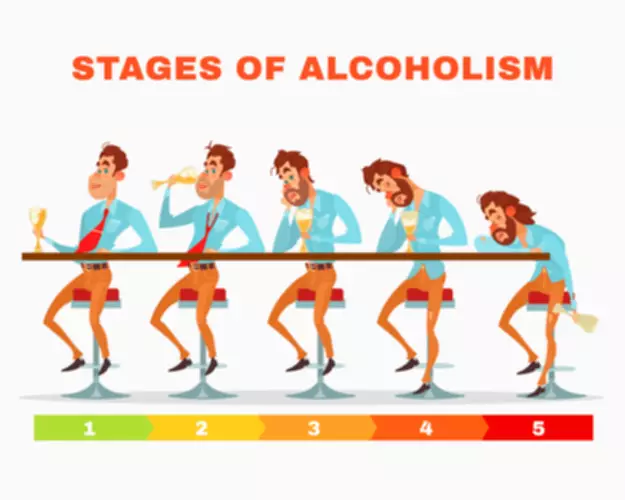Rewiring Your Brain After Addiction: Understanding the Timeframe
For people battling drug dependency, relapse often happens when reminders, like being in a similar environment where the drug was used, trigger powerful cravings. While these natural and alternative methods can be beneficial, it is important to remember that they should not replace conventional medical treatment. Working closely with a healthcare professional is essential to ensure a comprehensive and individualized approach to brain healing after antipsychotic use.
How Do You Rewire Your Brain From Addiction?
Addiction impacts the brain on many levels when someone develops an addiction, the brain craves the substance as a reward. Introducing drugs to your system can influence these changes to be more dramatic and even life-threatening. Dopaminergic drugs such as cocaine highjack the neurons in the reward sector of your brain. This makes you feel good when you take the drug because it has now become the agent that releases more dopamine instead of the things in life that used to do that, such as hugging a friend or perhaps listening to music. This change or “high” will only last a short time, but the actual change in your brain chemistry will last much longer. Your ability to handle cravings will become increasingly more difficult, and cravings will become more serious and demanding.

Complete a Medically Supervised Detox Program
Communities by offering self-care, relaxation and therapeutic art and play sessions, support groups and trainings for mental health professionals. As part of its peer-led model, many of the staff have experienced mental health issues themselves. Outpatient counseling can help people understand addiction, their triggers, and their reasons for using drugs.

More From the Los Angeles Times
- The brain’s reward system is designed to reinforce positive experiences (such as eating, socialising and sex), so you’ll do it again.
- During this time, the patient’s brain healed, Dr. Fong said, particularly in the realms of sleep, self-control and “frontal lobe functioning,” responsible for managing thoughts, emotions and judgment.
- Being a resident of sober living houses in PA requires dedication and the willingness to seek and accept support.
Therapists offer guidance, encouragement, and accountability, which is instrumental in maintaining motivation and commitment to the recovery process. The “sleep centers” of people with addictive disorders have been damaged not just by the toxicity of the substances they’ve used, but by sleep deprivation, Dr. Fong said. Methamphetamine users develop dental problems, lose signs of drug use weight, and suffer from intense itching and skin sores. Cocaine users damage their nasal cavities to the point that they have frequent nosebleeds. And while these symptoms are all noticeable to the naked eye, others aren’t quite as easy to detect. With intensive psychotherapy and other holistic interventions, we strengthen the new “recovery” loop within the brain.

- That means you (or your loved one) won’t have to worry about covering the cost of treatment.
- In other words, meditation opens your mind to hearing positive things about yourself.
- Users typically experience an extreme elevation in mood, thanks to the drug’s stimulant and hallucinogenic properties.
- The resulting depletion in serotonin lasted long after use of MDMA (at least seven years).
- Unlike when you abruptly halt drug use, also known as quitting “cold turkey,” a detox program is led by medical professionals who can administer medications to reduce anxiety, discomfort, and cravings.
- This is called neuroplasticity, coming from “neuro” (brain/nerve/neuron) and “plasticity” (moldability).
- Your brain reinforces ‘good feelings’ by stimulating you to repeat the action that brought the feelings on.
Addiction is a treatable disease
- At Alternative to Meds Center, we have helped thousands of clients find their personal path to sustainable, joyful recovery, and we’d love to help you along the way.
- Addiction is a learned response, but the ability of the brain to adapt allows for the possibility of recovery.
- The only way they can seek pleasure, and keep the bad feelings at bay, is to resort to substance abuse.
- With the right support and strategies in place, you should be able to create lasting changes in your brain and achieve long-term recovery.


























